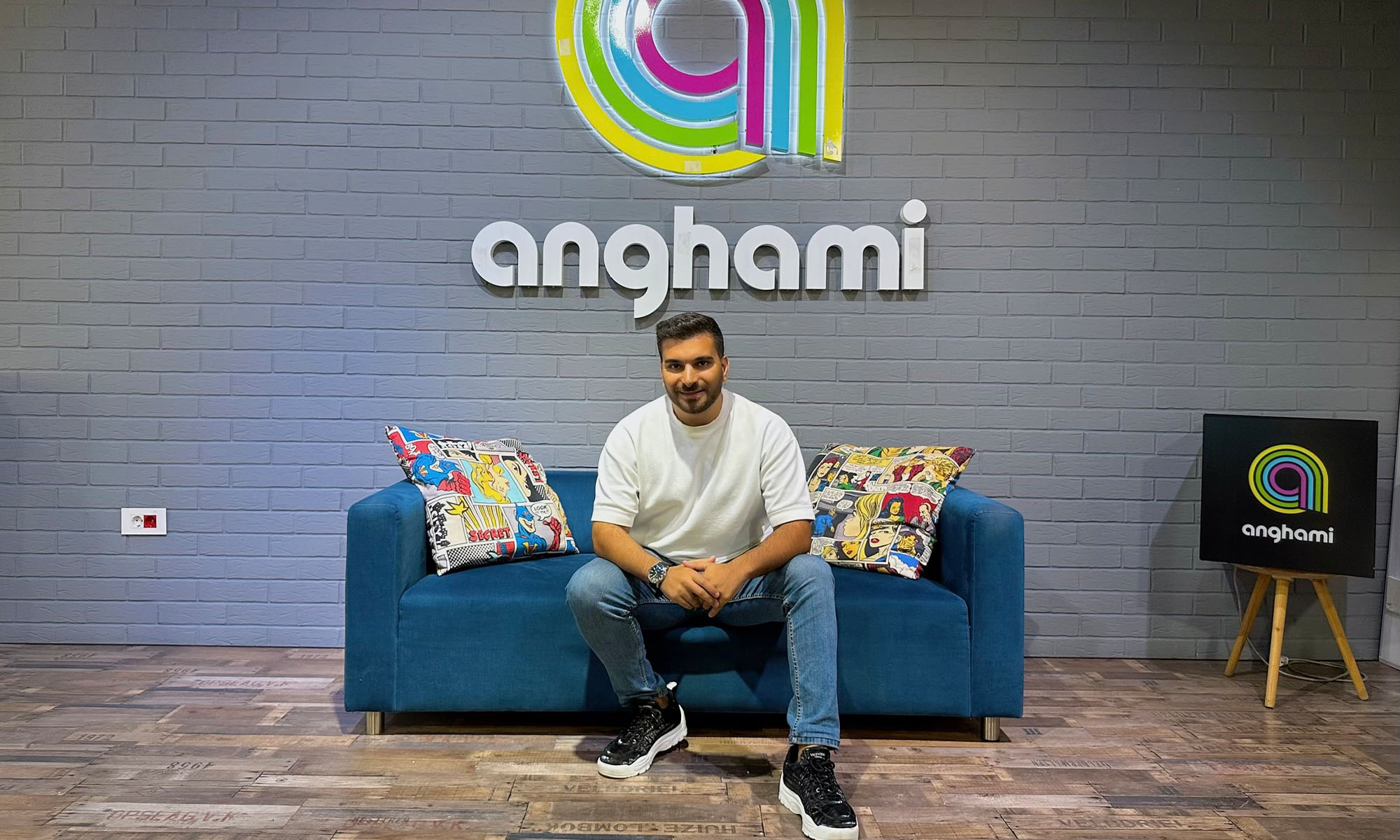News
AI In The Music Industry: A Blessing Or A Curse?
Emdee Jabr, Senior Music Producer at Anghami believes the technology can improve workflows, but cautions the replacement of human creativity.

During Riyadh’s recent XP Music Futures conference, delegates and industry thought leaders delved into some fascinating discussions surrounding the future of music production. Of particular interest was the topic of artificial intelligence and how AI tools could be integrated into the creative process of music production in new and innovative ways.
One notable attendee of XP Music Futures was Emdee Jabr, Senior Music Producer at Anghami. The industry professional has over a decade of experience and recently shared his thoughts on the emergence of artificial intelligence technology within the music industry.
Emdee believes that although AI can offer unique possibilities for musicians and producers, such as automated composition and intelligent sound processing, it lacks emotional depth. However, the Anghami producer does acknowledge that AI can significantly accelerate production workflows.
“[AI can help by] automating tasks, improving efficiency, and providing data-driven insights. However, it faces challenges in replicating human creativity, making it crucial to strike a balance between automation and human intuition to achieve a successful and innovative outcome”.
Although it’s clear that AI can work as a powerful production assistant, it seems to Emdee and other professionals that its full integration into the creative process is still very much a work in progress. The technology also raises several legitimate concerns.
Also Read: Best Music Streaming Services In The Middle East
“On the negative side of AI, concerns arise regarding job displacement, potential homogenization of artistic expression, and the risk of over-reliance on technology, potentially diluting the human touch and intuition in art. The key is finding a balance that maximizes the benefits while preserving the unique aspects of human creativity”.
As a music producer, it’s clear that Emdee Jabr sees AI as a tool still in its beginning stages. The producer is keen to emphasize the importance of utilizing human creativity and using AI for inspiration rather than entirely replacing songwriters, musicians, and producers.
News
Alienware Just Announced Six New Gaming Monitors
The new models include three QD-OLED and three budget-friendly QHD options, expanding the company’s lineup for all gamers.

Alienware has just updated its gaming monitor lineup with six new additions, including the highly anticipated Alienware 27 4K QD-OLED Monitor. The latest wave of releases is set to reach more gamers than ever, offering high-end QD-OLED displays alongside more budget-friendly options.
The latest displays clearly show that the company is doubling down on QD-OLED with three new models sporting the technology. A redesigned Alienware 34 Ultra-Wide QD-OLED Monitor is also making a return, further refining what is already a fan-favorite display.
A Unified Design: The AW30 Aesthetic
All six monitors feature Alienware’s new AW30 design language, first introduced at CES. The AW30 aesthetic brings a futuristic, minimalist look that unites the entire lineup under a cohesive visual identity.
Pushing QD-OLED Even Further
The refreshed Alienware 34 Ultra-Wide QD-OLED Monitor (AW3425DW) builds on its predecessor’s success with a 240Hz refresh rate (up from 175Hz) and HDMI 2.1 FRL support. It also gains G-SYNC Compatible certification alongside AMD FreeSync Premium Pro and VESA AdaptiveSync, ensuring ultra-smooth performance. With a WQHD (3440×1440) resolution and an 1800R curve, this display enhances immersion for both gaming and cinematic experiences.
For those who crave speed, the Alienware 27 280Hz QD-OLED Monitor (AW2725D) pairs a high refresh rate with QHD resolution, balancing sharp visuals with ultra-smooth gameplay. Meanwhile, the Alienware 27 4K QD-OLED Monitor (AW2725Q) delivers stunning clarity with an industry-leading pixel density of 166 PPI, making it the sharpest OLED or QD-OLED monitor available.
Also Read: Infinite Reality Acquires Napster In $207 Million Deal
Worried about OLED burn-in? Alienware’s entire QD-OLED lineup comes with a three-year limited warranty covering burn-in concerns, offering peace of mind for gamers investing in these high-end displays.
Bringing QHD To A Wider Audience
Alongside QD-OLED, Alienware is also releasing three new QHD gaming monitors aimed at more price-conscious gamers. The Alienware 34 Gaming Monitor (AW3425DWM), Alienware 32 Gaming Monitor (AW3225DM), and Alienware 27 Gaming Monitor (AW2725DM) provide a range of sizes and formats to suit different preferences:
- The Alienware 34 Gaming Monitor (AW3425DWM): An ultrawide (WQHD) option for a panoramic, immersive experience.
- The Alienware 32 Gaming Monitor (AW3225DM): A standard 16:9 panel for a traditional but expansive desktop setup.
- The Alienware 27 Gaming Monitor (AW2725DM): A 27” display offering the same performance in a more compact form factor.
All three gaming monitors feature a fast 180 Hz refresh rate, a 1ms gray-to-gray response time, and support for NVIDIA G-SYNC, AMD FreeSync, and VESA AdaptiveSync to eliminate screen tearing. Additionally, with 95% DCI-P3 color coverage and VESA DisplayHDR400 certification, these displays deliver vibrant colors and high dynamic range for lifelike visuals.
























